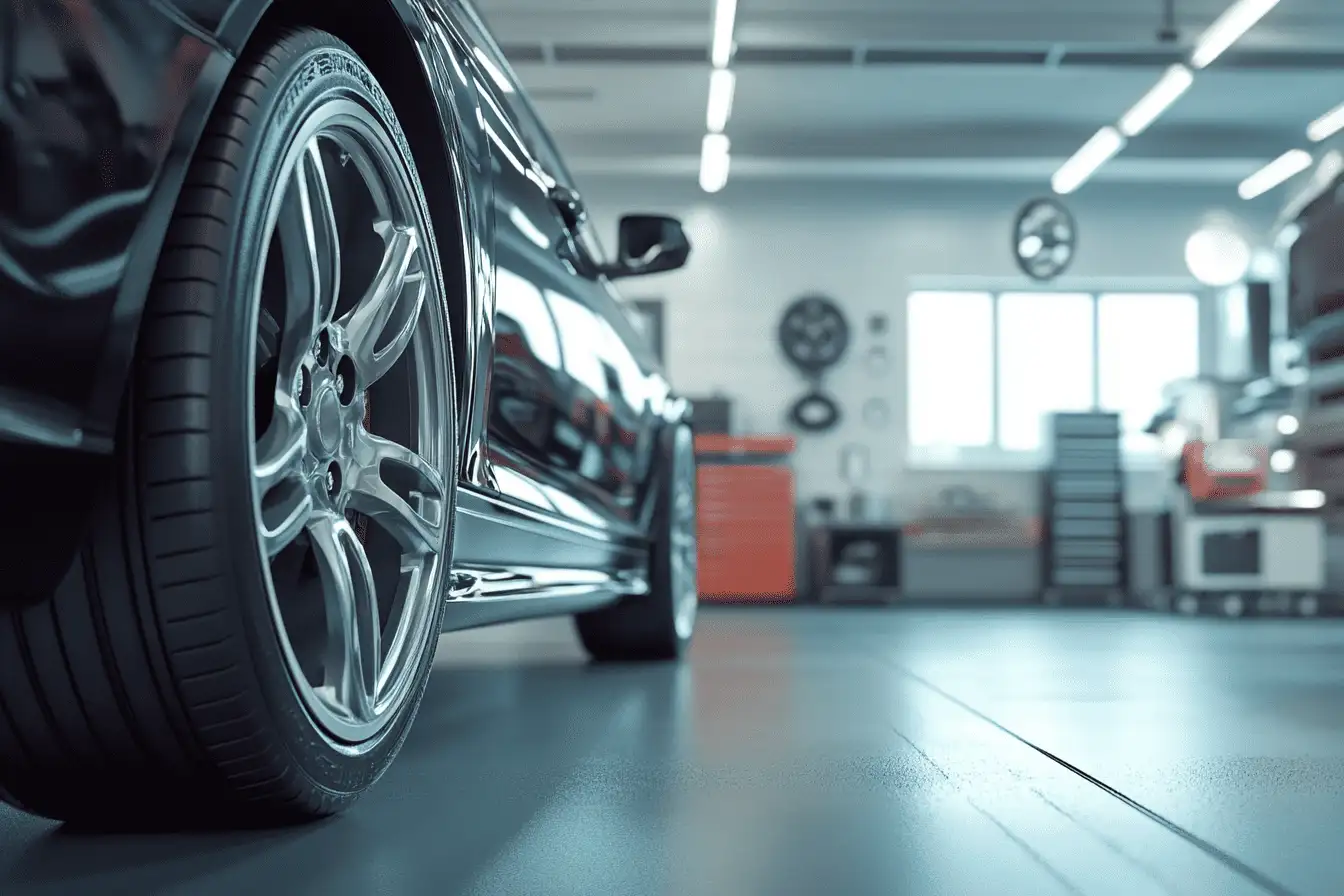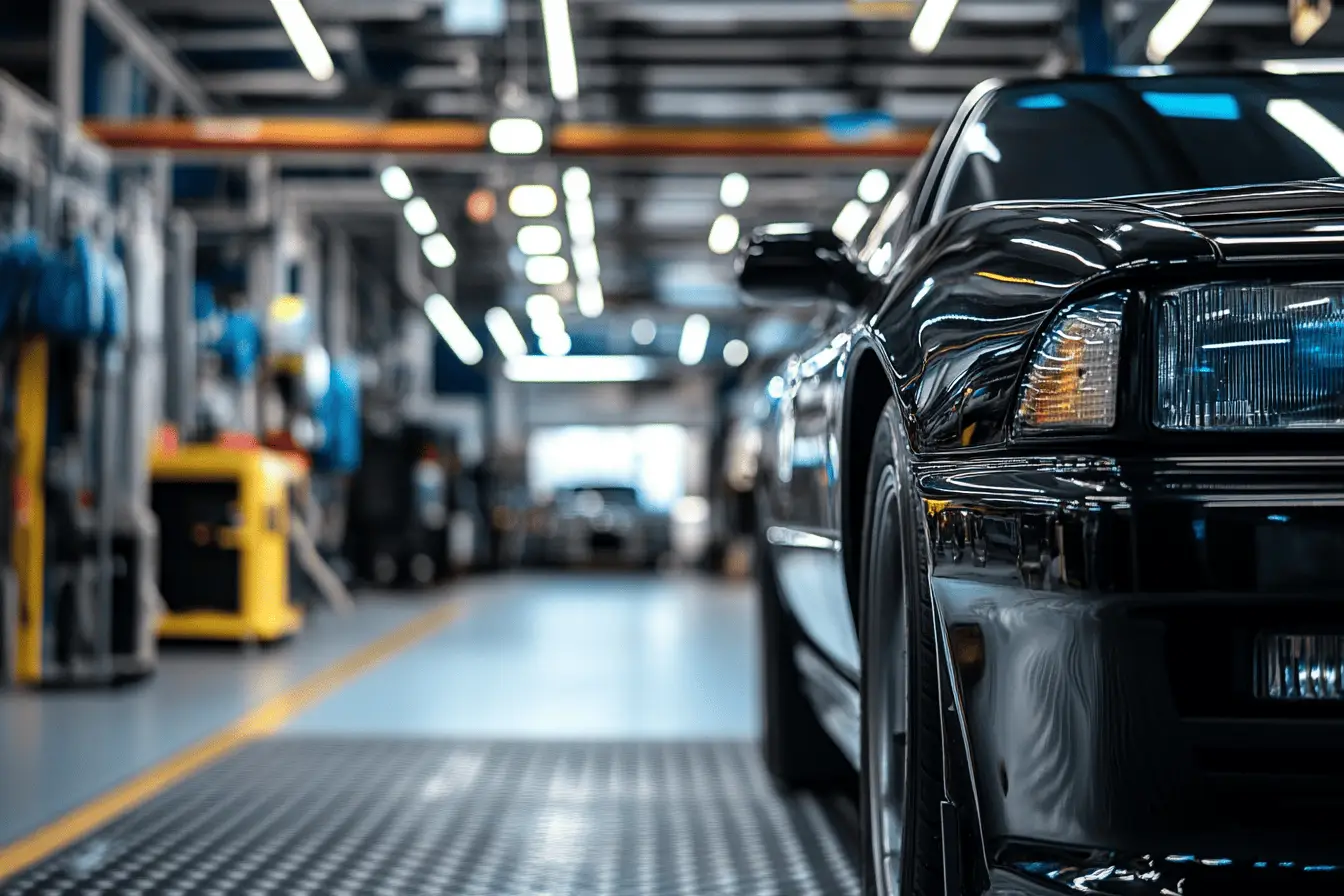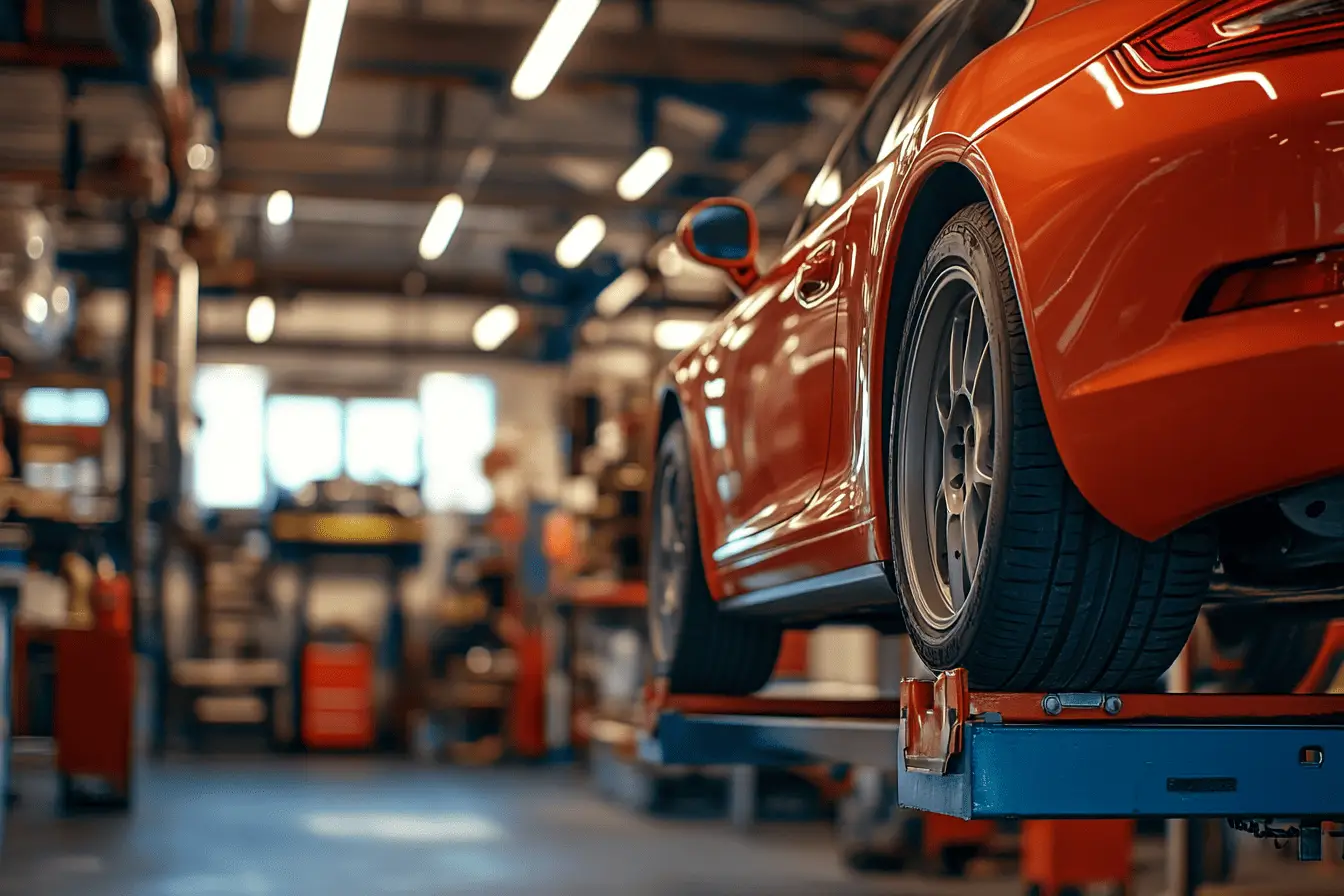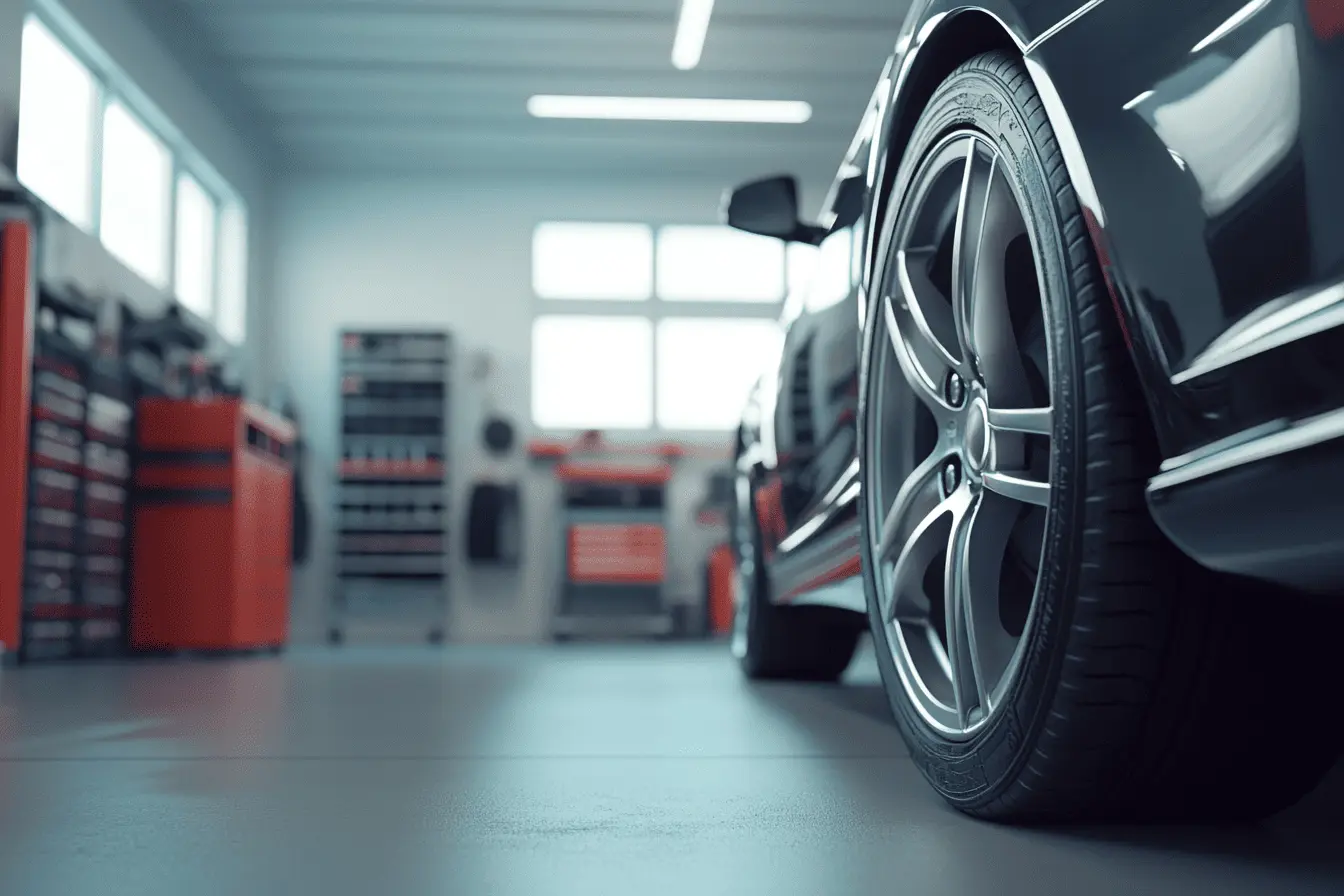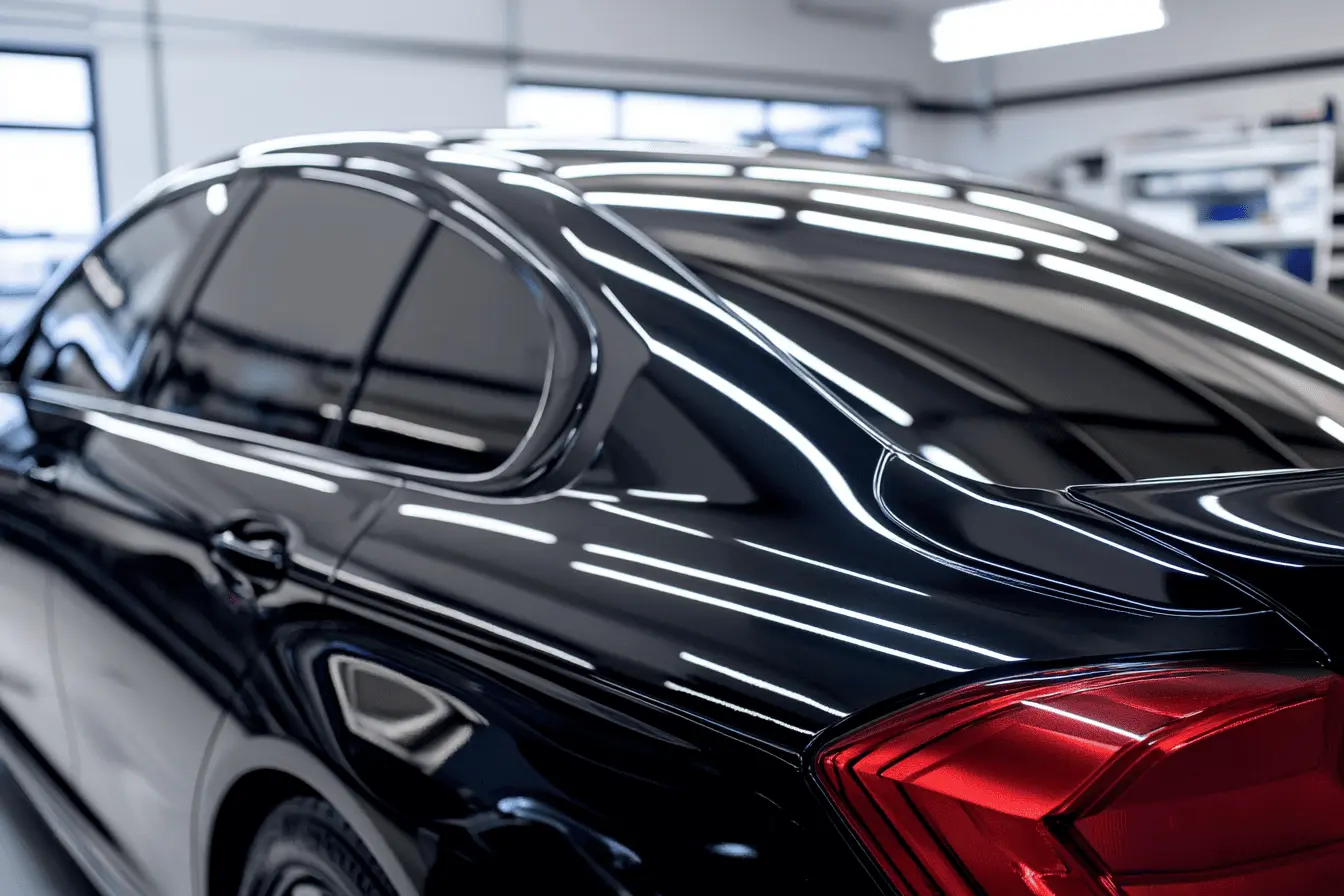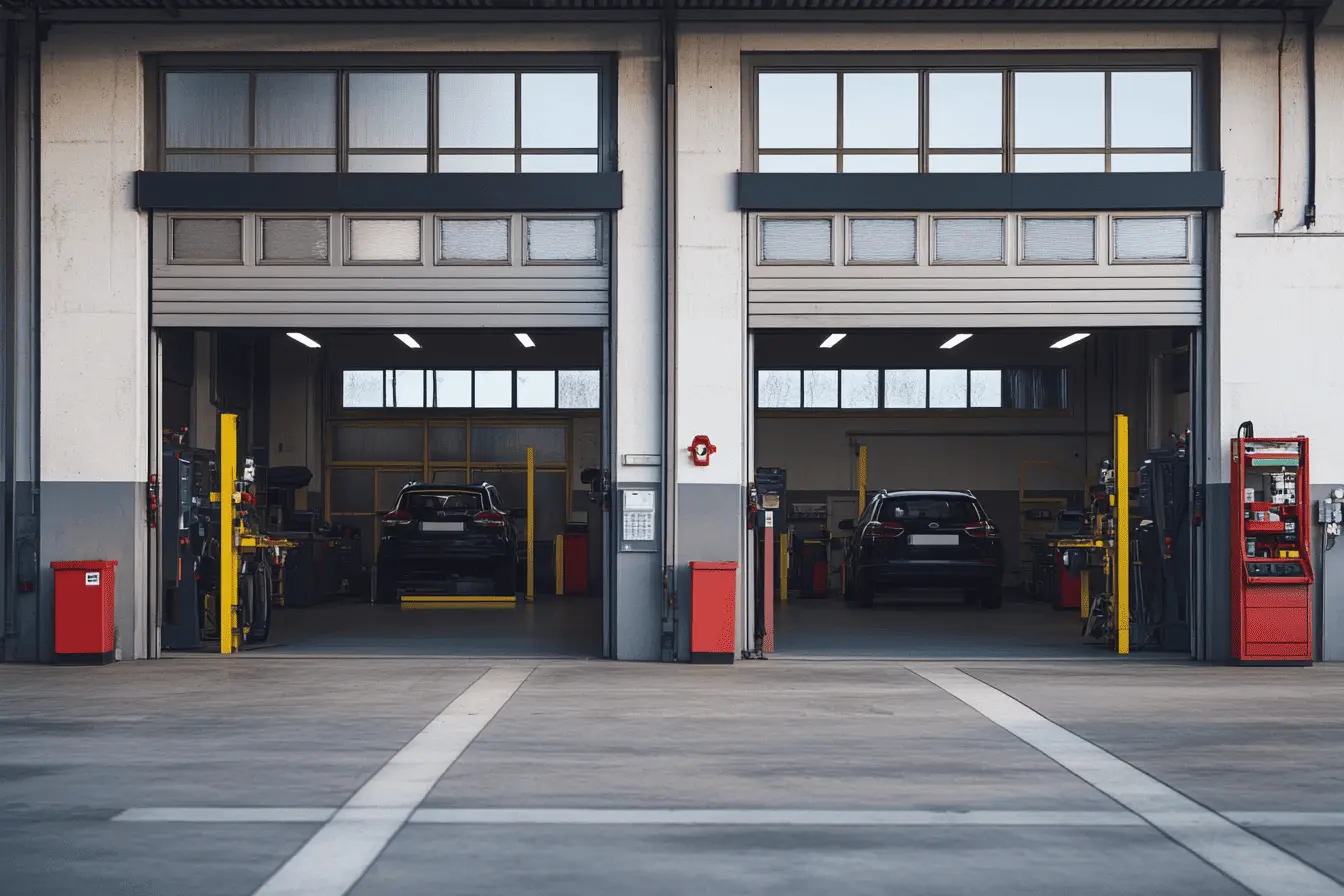
In hot temperatures in particular, the air conditioning in the car is a blessing. However, your air conditioner doesn’t get really cool? Then it is probably time for an air condition service and regas. But what does an air conditioning regas cost in the UK? Plus: Find out when such a service is necessary and how to save money.
How much to service and regas a car’s air conditioning in the UK?
On Average : £60 – £90
The cost of an air con service and regas is around £55 – £180 in the UK, depending on the garage, vehicle and air conditioning. In most cases, however, prices are expected to be between £60 – £90. Air conditioning regas is made up of the labour costs of checking and inspecting the air con (between £20 – £50) and the cost of the refrigerant (between £35 – £130).
Depending on the car, in most cases either the refrigerant R-134a (about £3 per 100 grams) or the more modern and environmentally friendly R-1234yf (from £15 per 100 grams) is used. Prices for the refrigerant R- 1234yf in particular, have risen noticeably in recent years.
If your air conditioner smells unpleasant, disinfection may also be useful. Depending on the workshop, disinfection of the air con is included in the service. If not, extra costs of about £15 – £30 can be expected.
The situation is quite different if defects or leaks are detected during the air con checkup. In this case it may be necessary to change the ac condenser or the ac compressor. In the worst case this could result in costs in the low 4-digit range. The following is a cost example for a full air con service with recharge and additional disinfection for a VW Golf 4 in a London garage.
Example: Air conditioning regas cost • VW Golf 4 | |
|---|---|
Refrigerant R-134a | £40 |
Checkup and regassing | £30 |
Disinfection of air con | £15 |
Total cost | £85 |
Get free instant quotes from garages in your area!
What are the cost factors when servicing and regassing an air conditioner?
» Refrigerant
An important cost factor is the quantity and type of refrigerant required. The modern refrigerant R-1234yf is significantly more expensive than the older, widely used refrigerant R-134a. In the past, air conditioning systems were often filled with the refrigerant R134a (tetrafluoroethane).
However, this coolant has now been banned in new cars because it is too harmful for the environment. Air conditioners that were filled with the refrigerant R-134a at the manufacturer are also filled with the refrigerant R-134a during service. New vehicles are already on the road with the refrigerant R-1234yf on board and can also be filled with this refrigerant when servicing is required.
It should be noted that this air conditioning agent is highly flammable and although used in some cars, it does not offer the best solution. Another coolant called R-744 (carbon dioxide CO2) is over 1000 times more environmentally friendly than R-134a. As R-744 is an industrial by-product, it is cost effective from around £3.50 per kilogram. However, there are currently only a few types of vehicles that are filled with it.
A modern A/C service unit uses measurements to automatically and precisely calculate the amount of refrigerant and A/C compressor oil which needs to be refilled into the system before each filling. Depending on the vehicle, an average of 1.5 – 2.5 litres must be refilled. The air con regas costs for e.g. BMW, Peugeot, Mini, Nissan or Audi will therefore be basically similar, it depends more on whether the car is newer or not. Because then the more expensive R-1234yf refrigerant is often used.
» Labour cost
The prices for recharging an air con vary according to the hourly rate of the garage, region, car model and the related working time, which averages around 30-45 minutes.
Hourly rates in rural areas, especially in northern and north-eastern parts of the UK will be lower than in cities like Liverpool, Manchester, Southampton or Birmingham. At the top of the list, as is often the case, is London. Here the labour costs for an air con service can be 10-20% higher than the UK average.
Why is an air conditioning regas important?
Every year, an air conditioning system loses about ten percent of its refrigerant through evaporation. Older air conditioning systems in particular can also have leaks through which further coolant escapes. In most cases, the system still reliably dehumidifies the air in the car, so misted-up windows are cleared – but with high outside temperatures it no longer generates a pleasant coolness in the vehicle due to the lack of refrigerant. At this point at the latest, it is time to top up the refrigerant of the air conditioning system.
If the refrigerant level drops too much, you risk (expensive) damage to the A/C compressor, which sucks in and compresses the refrigerant in gaseous form. The refrigerant under pressure circulates and constantly changes its aggregate state between liquid and gaseous. It thus transports the warm internal air to the outside. In the event of possible problems, it is usually sufficient to regas the air conditioning system.
What does an car air conditioning service consist of?
During an air con service the refrigerant is not only recharged, but the complete quantity of refrigerant is pumped out of the air conditioning system, weighed, filtered and dried. The air conditioning system is then regassed with the amount of refrigerant prescribed by the vehicle manufacturer. This is automatically supplemented by the missing quantity.
The quantity of A/C compressor oil that is also drawn off is also replaced by the same quantity of fresh oil. In addition, a vacuum test is carried out to check whether there are any damages or leaks in the air con system that may need to be repaired. If desired, the air conditioning system can also be disinfected.
What are the main benefits of an air conditioning service?
» Your air con is again able to blow cold or hot air in your car
» Lifetime of the air conditioning system is increased
» Fresh smell in the vehicle
» Harmful bacteria and fungal spores are removed
Your air con may also need service even if you don’t use it
Even if the air conditioning system is leak-proof and sufficient coolant is available, there may still be reasons for maintenance: If you haven’t used the air conditioning in your car for a long time, hoses and seals become brittle more quickly because coolant and lubricant don’t circulate.
Brittle seals lead to increased coolant loss in the long run. The moving parts of the compressor can also get stuck without lubrication. It is therefore recommended that the system be switched on regularly.
In addition to age-related wear and tear, the components of the air conditioning system are also subject to severe stress. If the system does not work properly even though it has been filled with sufficient coolant and the circuit is tight, this can indicate, for example, a defect in the radiator fan or V-belt.
To avoid expensive repairs and depreciation of the vehicle, regular maintenance of all components of the air conditioning system is necessary. In most cases, a service interval of two years at the latest is recommended.
5 Tips to extend the life of your car’s air con
When should you do an air conditioning regas?
An air conditioning regas is always useful when the cooling capacity of the air con system decreases. If the interior of your vehicle becomes too hot or too cold, this can have various causes. If there is not enough refrigerant or coolant in the air con system, you should have your air con system filled.
It also depends on the season, because in winter the condenser is often exposed to salty water and therefore there is an increased risk of rust and it should be replaced. A reliable working air conditioner not only increases driving comfort, it also improves your ability to concentrate and therefore increases your safety.
But even if it starts to smell unpleasant in the car, it is high time for a professional air conditioning service. The reason for the unpleasant odours is namely fungal spores and bacteria that trigger decay processes.
The spores and bacteria settle on components of the air conditioning system in the vehicle and enjoy a humid, warm climate – ideal conditions for their multiplication. Their effects on your health and the smell inside the vehicle are much less ideal.
How often should you regas and service your car’s air con?
» About every two years
Experts recommend having the air conditioning system checked every two years. For frequent drivers, however, the period is shorter. You should also make sure that your air conditioning system is working before you go on holiday by car.
This will help you to avoid expensive repairs abroad that put an unnecessary strain on your wallet. However, maintenance should be carried out by a specialist garage, as some know-how is required and you need, for example, an air conditioning service unit as well as a leak detection system.
How long does the garage need to service and regas an air con?
» About 30 – 45 minutes
The entire service, including regas, takes about 30 – 45 minutes and varies depending on the vehicle and garage. It takes a little longer if the air con is needs disinfection. However, if any damage or leaks are found in the air con, this does not apply. In this case, further repairs are necessary and the whole process takes considerably longer.
What happens during an air con regas?
» Before the mechanics start to regassin the air conditioning system, a seal check is often carried out. This ensures that there are no leaks between the heat exchanger and compressor through which gas can escape. Once the test has been passed, the regas process is started.
» The mechanic draws the remaining refrigerant from the system. If this residue cannot be reused for regassing, the workshop is obliged to dispose of it in accordance with environmental regulations. For example, if it has mixed with other gases, the mechanics must not use it to regas the air conditioning system.
» With the help of an air conditioning service unit, it is determined exactly how much refrigerant and oil must be filled into the system to make it ready for use again. The refrigerant is then dried and the A/C system filled with it. The quantities are closely monitored and any missing liquid is topped up.
Can I regas the air con myself?
» Not recommended!
It is not recommended to fill an air conditioner by yourself. The costs for this seem to be a little lower at first, but a hobby mechanic is very likely to make fatal mistakes. Filling up the air conditioning in your car is not the same as filling up the tank or increasing the tyre pressure. This is because draining or replacement is made more difficult by the fact that refrigerant takes on the form of gas as soon as it is exposed to the pressure of the environment.
Frequently asked questions
Yes, because if you want to keep your car pleasantly cool in the long term, you should make sure that the air conditioning system is always supplied with liquid. Otherwise the system can suffer damage and that would be very expensive.
Over time, your air conditioner will operate less efficiently, putting more stress on the engine and increasing fuel consumption. Within a year or two you will notice a noticeable decrease in cooling performance. In winter it also takes longer to clear the windscreen. Other parts of the air conditioning system could also be damaged, resulting in unnecessary and possibly high repair bills.
In most cases the refrigerant is used up and must be refilled. However, there can also be more serious damage such as to the condenser or compressor. In any case it is now time for an air con service in the garage to check everything.
Using the air conditioning in a car always causes extra consumption. This is because the air-conditioning compressor is driven by a belt on the engine. This increases the working resistance of the engine and thus fuel consumption. The additional consumption is approx. 0.5 – 5 litres per 100 km, depending on the vehicle and how fast it is driven.
Well, technically, yes. Because the compressor needs up to 10 horsepower to circulate the coolant through the air con system. However, weaker performance, if at all, is only noticeable in cars with very small engines.

